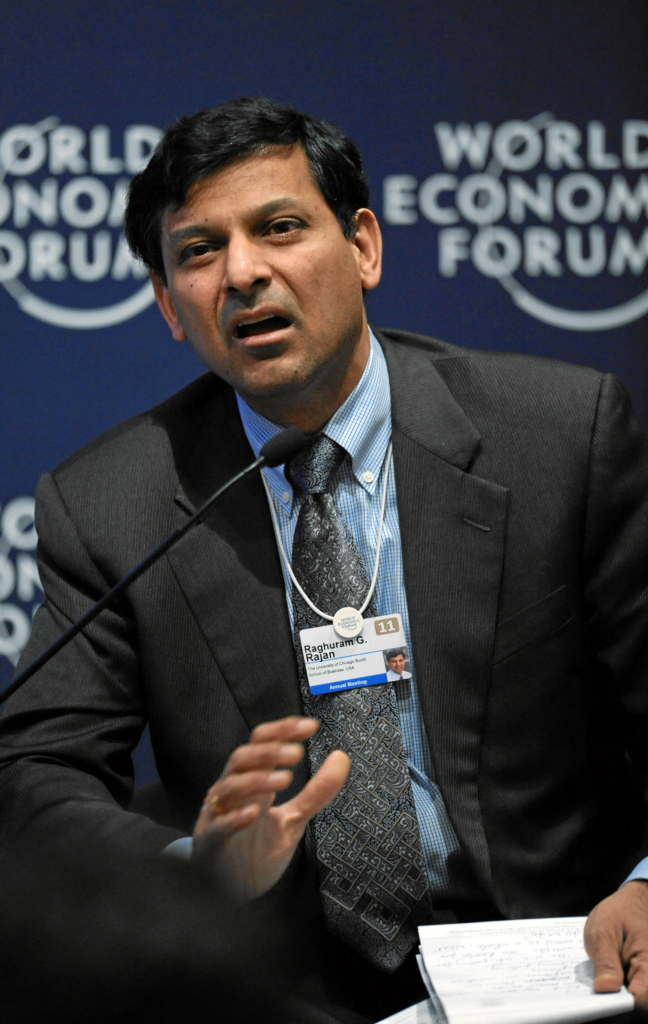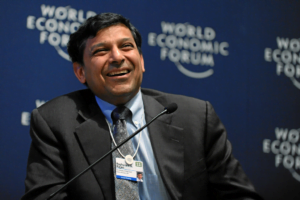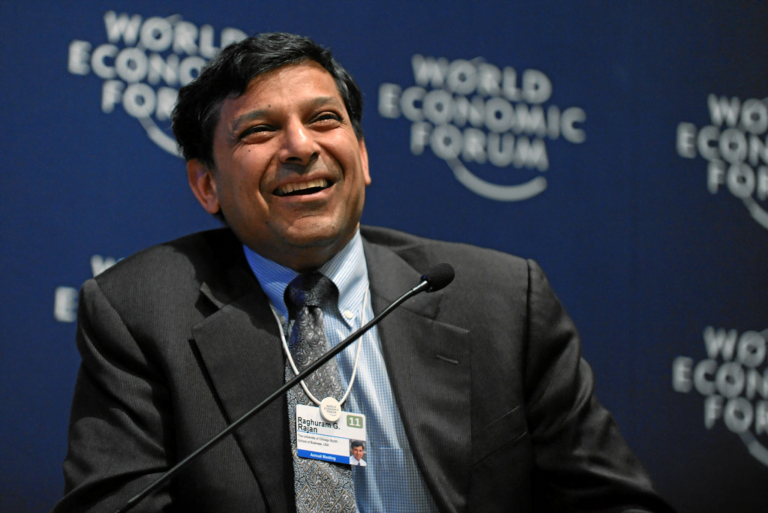House Over Salary: Raghuram Rajan’s Rs 4 Lakh RBI Governor Earnings Revealed
In an eye-opening revelation, Raghuram Rajan, the esteemed former Governor of the Reserve Bank of India (RBI), discussed the financial and lifestyle aspects of his high-profile role in a recent podcast. His candid conversation offers a unique perspective into the life at the top of India’s central bank, focusing on his salary, housing perks, and the overall compensation structure.
Table of Contents
Summary in 5 Points:
- Modest Salary: Rajan revealed his annual salary as RBI Governor was Rs 4 lakh, a modest sum compared to corporate compensations.
- Significant Housing Perk: The most notable perk was his residence in Mumbai’s Malabar Hill, reflecting the role’s status.
- No Pension Scheme: Unlike other government roles, the RBI Governor does not receive a pension, a policy rooted in most governors’ civil service background.
- Perks in Perspective: Rajan emphasized the need for a balance between perks and the dignified image of the RBI Governor.
- Continued Economic Influence: After his tenure, Rajan returned to academia, continuing to contribute to economic discussions and policy.

The Surprisingly Modest Salary of the RBI Governor
Raghuram Rajan opened up about his earnings as the RBI Governor, revealing that he received an annual salary of Rs 4 lakh. This figure, while dignified, is relatively modest, especially when compared to the lucrative packages in the corporate sector. Rajan’s revelation underscores a significant aspect of high-level government roles, where financial remuneration is often secondary to the prestige and responsibility of the position.
The Real Perk: A Prestigious Residence
Arguably, the most substantial perk of being the RBI Governor, as Rajan highlighted, was the official residence. Located in Mumbai’s elite Malabar Hill, a stone’s throw away from the residence of iconic businessman Dhirubhai Ambani, the house is more than just a place to live. It’s a symbol of status and authority. Rajan humorously estimated that the property, if sold, could fetch around Rs 450 crore, enough to pay the salaries of the entire top brass of the RBI.
No Pension but Other Benefits
Rajan pointed out that unlike other government officials, the RBI Governor does not receive a pension. This policy stems from the fact that most governors are already entitled to a pension from their previous civil service roles. However, Rajan mentioned that medical facilities and other benefits were part of his compensation package, filling in some gaps left by the lack of a pension scheme.
A Balance Between Perks and Responsibilities
Raghuram Rajan’s discussion extends beyond the salary and housing perks. He elaborated on the balance that needs to be struck in roles such as the RBI Governor, where the perks must align with the responsibilities and public image associated with the position. This includes the maintenance of the historic residence and the use of official vehicles, which, according to Rajan, should not be luxury cars, considering India’s socio-economic landscape.

Life After the RBI
Post his tenure as RBI Governor, Rajan returned to academia, resuming his role as the Katherine Dusak Miller Distinguished Service Professor of Finance at the University of Chicago Booth School of Business. His ongoing contributions to economic thought and policy, including his latest book co-authored with Rohit Lamba, ‘Breaking the Mould: Reimagining India’s Economic Future’, highlight his continued influence in shaping India’s economic narrative.
The Economic Impact of Rajan’s Tenure at the RBI
During his tenure as the RBI Governor, Raghuram Rajan made significant contributions to India’s monetary policy and banking sector reforms. His approach to tackling inflation and stabilizing the currency was widely acclaimed. Rajan’s policies were not only focused on the immediate financial stability of India but also on laying a foundation for long-term economic growth. His emphasis on tackling non-performing assets (NPAs) in the banking system and his push for more transparent and accountable banking practices have had lasting impacts on the Indian economy. This background adds depth to his commentary on the RBI Governor’s role, providing a broader context to understand the complexities and challenges he navigated.

Reflections on Governance and Economic Leadership
Raghuram Rajan’s reflections go beyond the fiscal aspects of his role, offering insights into the broader theme of governance and economic leadership. His experiences highlight the delicate balance between maintaining the integrity and independence of the RBI while aligning with the government’s broader economic agenda. Rajan’s tenure was marked by a subtle but firm commitment to maintaining the RBI’s autonomy, a stance that has been critical in preserving the institution’s credibility. His views on salary and perks, thus, are not just about the material aspects of the job but also about upholding the dignity and independence of one of India’s most respected institutions. Rajan’s narrative thus serves as a valuable lesson in public service and leadership in the complex world of economic governance.
Read: Rising Concern: India’s Active COVID-19 Cases Exceed 4,100, JN.1 Variant Surges



















+ There are no comments
Add yours